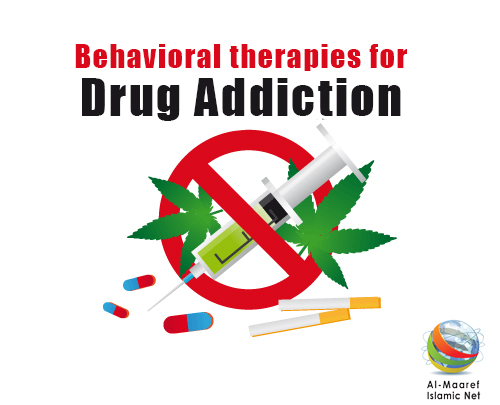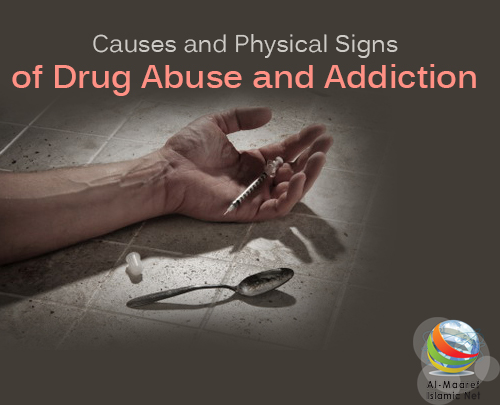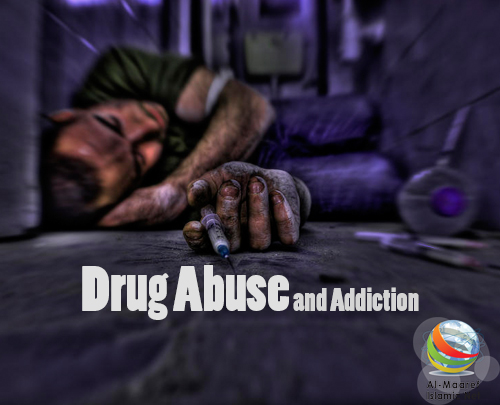Behavioral therapies can help motivate people to participate in drug treatment;
offer strategies for coping with drug cravings; teach ways to avoid drugs and
prevent relapse; and help individuals deal with relapse if it occurs. Behavioral
therapies can also help people improve communication, relationship, and
parenting skills, as well as family dynamics.
Many treatment programs employ both individual and group therapies. Group
therapy can provide social reinforcement and help enforce behavioral
contingencies that promote abstinence and a non-drug-using lifestyle. Some of
the more established behavioral treatments, such as contingency management and
cognitive-behavioral therapy, are also being adapted for group settings to
improve efficiency and cost-effectiveness. However, particularly in adolescents,
there can also be a danger of iatrogenic, or inadvertent, effects of group
treatment; thus, trained counselors should be aware and monitor for such
effects.
Because they work on different aspects of addiction, combinations of behavioral
therapies and medications (when available) generally appear to be more effective
than either approach used alone.
Treatment for drug abuse and addiction is delivered in many different settings
using a variety of behavioral and pharmacological approaches.
* Source:
www.nida.nih



















